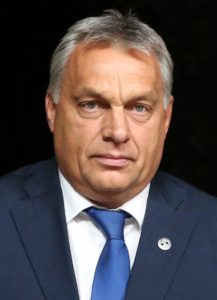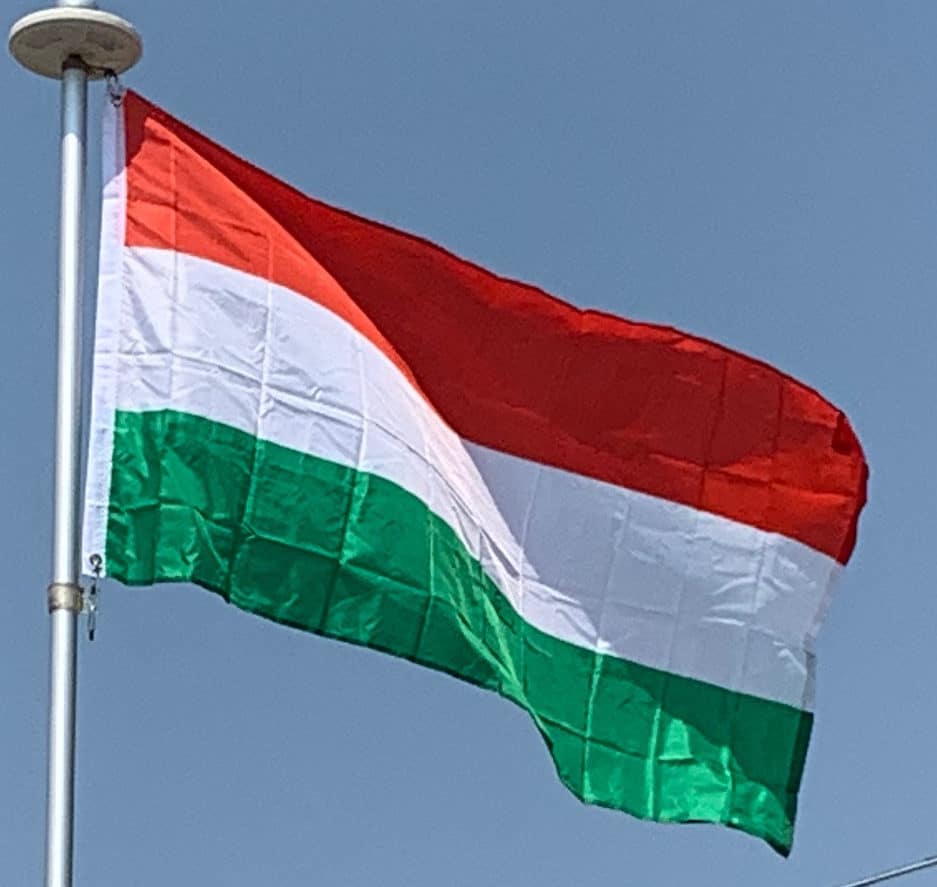
With the removal of state subsidies and rapid privatization in 1991, Hungary was affected by a severe economic recession. The Antall government’s austerity measures proved unpopular, and the Communist Party’s legal and political heir, the Socialist Party, won the subsequent 1994 elections. This abrupt shift in the political landscape was repeated in 1998 and 2002; each electoral cycle, the governing party was ousted and the erstwhile opposition elected. Like most other post-communist European states, however, Hungary broadly pursued an integrationist agenda, joining NATO in 1999 and the European Union in 2004. As a NATO member, Hungary was involved in the Yugoslav Wars.
In 2006, major protests erupted after it was revealed that Prime Minister Ferenc Gyurcsány had claimed in a private speech that his party “lied” to win the recent elections. The popularity of left-wing parties plummeted in the ensuing political upheaval, and in 2010, Viktor Orbán’s national-conservative Fidesz was elected to a parliamentary supermajority.

The legislature consequently approved a new constitution, among other sweeping governmental and legal changes. Although these developments were met with and still engender controversy, Fidesz secured a second parliamentary supermajority in 2014 and a third in 2018.
In September 2018, the European parliament voted to act against Hungary, under the terms of Article 7 of the Treaty on European Union. Proponents of the vote claimed that the Hungarian government posed a “systematic threat” to democracy and the rule of law. The vote was carried with the support of 448 MEPs, narrowly clearing the two-thirds majority required. The vote marked the first the European parliament had triggered an article 7 procedure against an EU member state. Péter Szijjártó, the Hungarian foreign minister, described the vote as “petty revenge” which had been provoked by Hungary’s tough anti-migration policies. Szijjártó alleged that the vote was fraudulent because abstentions were not counted which made it easier to reach the two-thirds majority required to pass the vote.

At the European elections in May 2019, Viktor Orbán’s Fidesz Party secured another a sweeping victory, receiving more than 50 percent of the votes.
In March 2020, during the ongoing coronavirus pandemic, the Hungarian parliament passed a law granting the Government the power to rule by decree to the extent it is necessary to diminish the consequences of the pandemic, suspending by-elections and outlawing the “spreading of misinformation”. The Government’s special authorization is in force until the pandemic is declared to have ended. The law has been lifted on 16 June, 2020.
Geography:
Hungary’s geography has traditionally been defined by its two main waterways, the Danube and Tisza rivers. The common tripartite division of the country into three sections—Dunántúl (“beyond the Danube”, Transdanubia), Tiszántúl (“beyond the Tisza”), and Duna-Tisza köze (“between the Danube and Tisza”)—is a reflection of this. The Danube flows north–south right through the center of contemporary Hungary, and the entire country lies within its drainage basin.
